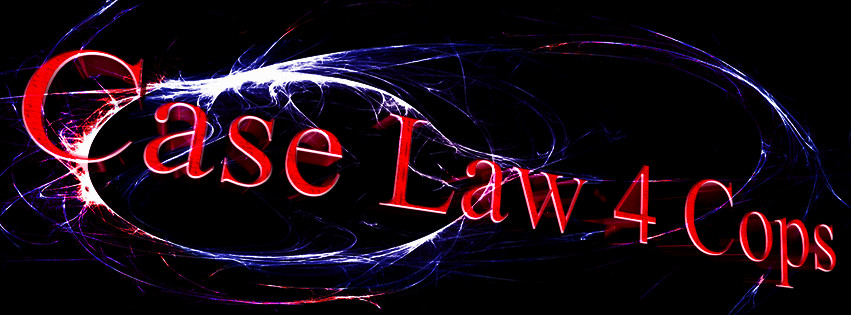Case Law 4 Cops
"Our Government is the potent, the omnipresent teacher. For good or for ill, it teaches the whole people by its example. . . . If the Government becomes a lawbreaker, it breeds contempt for law; it invites every man to become a law unto himself; it invites anarchy." Justice Thomas Clark
Case Law 4 Cops contains information on hundreds of court cases. These cases are important to officers and citizens alike. The cases cover what officers can and cannot do in several areas of law. Follow the links below.
